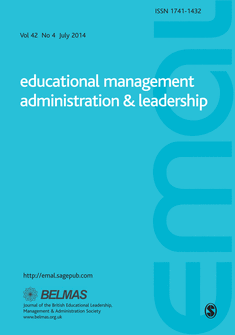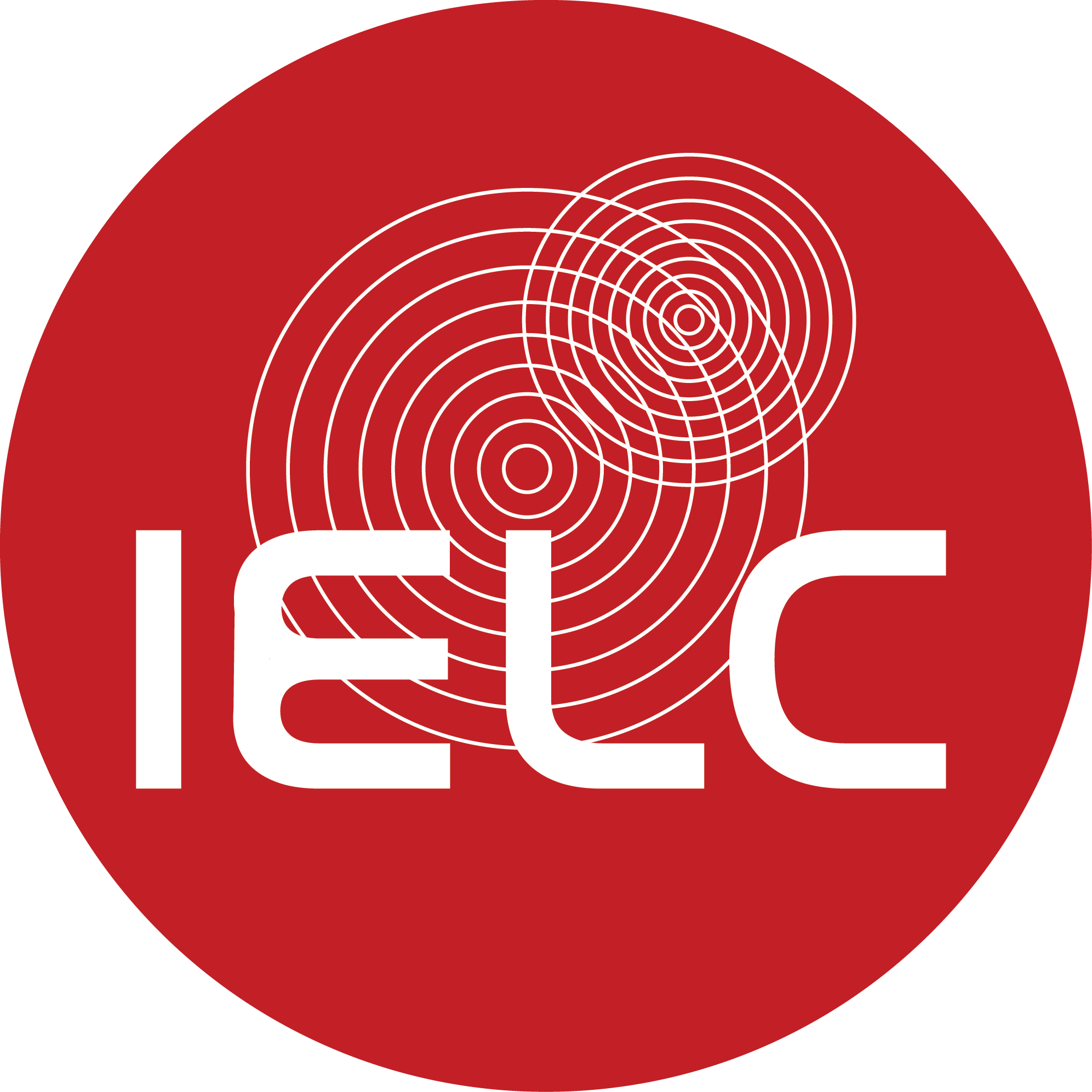| Special Journal Issue International Perspectives on Leader Development: Definition and Design (July 2013) |
||||
|---|---|---|---|---|
Theme |
International Perspectives on Leader Development: Definition and Design Over the last 20 years discussion about how to better prepare leaders for their role in increasingly complex schools has featured prominently in political and professional forums. Debate about the place, shape and intricacies of what constitutes meaningful development are common across geographic, systemic and cultural boundaries. These run within broader interest and investigation into what constitutes successful school leadership. It is now accepted that you can neither discuss successful leadership without reference to leader development, or leader development without reference to what we know about why and how leadership works best. The constantly shrinking void between knowledge generated iteratively in different corners of the world has shown that many of the issues that continue to bedevil meaningful leadership development exhibit a certain commonality across very different settings. Equally, however, and at the same time, they reinforce the reality that where leaders work – their context – refracts these commonalities to the extent that by the time they reach functionality they are hard to recognize. It is therefore not only important to examine leadership and leadership development within different contexts, but to cast the net globally in order to understand the range of practices and what appears to make a difference. |
 |
||
Issue Objectives |
1. To analyse the state of school leader development across a number of societies
2. To examine broad global trends in school leader development and more geographically defined slices, such as Europe and the USA |
|||
Issue Co-editors |
 |
Professor Allan Walker Joseph Lau Chair Professor of International Educational Leadership Dean of Faculty of Education and Human Development Director of The Asia Pacific Centre for Leadership and Change The Education University of Hong Kong China |
 |
Professor Philip Hallinger TSDF Chair Professor of Leadership College of Management, Mahidol University Thailand Senior Research Fellow Asia Pacific Centre for Leadership and Change The Education University of Hong Kong China |
| Contributors |
|
|||
|
||||
|
||||
|
||||
|
||||
|
||||
|
||||
|
||||

